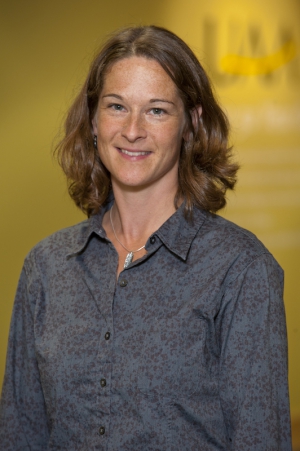
ARCUS was well represented at the POLAR2018 conference last June that convened Davos, Switzerland. I attended along with ARCUS Executive Director Bob Rich, Education Program Manager Janet Warburton, and Community Development Manager Alex Thornton. ARCUS board members Diane Hirshberg, Howie Epstein, Carolina Behe, Maribeth Murray, John Farrell, and Mark Ivey were also in attendance. POLAR2018 was a joint open science meeting of the Scientific Committee on Antarctic Research (SCAR) and the International Arctic Science Committee (IASC). SCAR and IASC are also hosted their regular business meetings during this time, and the 2018 Arctic Science Summit Week and the 2018 Arctic Observing Summit were held before and after the main meeting. In short, there were a huge number of people interested in polar science that came together in Davos, Switzerland last June.
In my mind, this conference mirrors what is currently happening in the Arctic research community in general: we are seeing more people interested in collaborating to understand what is changing in the Arctic, from melting glaciers and new wildlife migration patterns to altered social dynamics in communities and increased acceptance of and reliance on co-produced knowledge. At the same time, there are changes in the political and funding climates within the U.S. — as well as in the public's view of science. Some of these trends are alarming, but others are very positive. At ARCUS, we do our best to stay on top of these trends as part of our mission to connect and support the Arctic research community.
ARCUS held an all-hands retreat in Anchorage for our board and staff in April of this year. Following that retreat, we worked to revamp our strategic plan to better reflect what ARCUS excels at doing for the research community: networking, communication, education, research support, and as an overarching priority, advocating for the inclusion of Indigenous peoples and perspectives in all aspects of Arctic research, education, and policy. We will ultimately be asking the research community to help us refine these priority goals into specific activities we should pursue in order to achieve our mission, so expect to hear from us as we work to keep ARCUS responsive to the changes we see in the overall Arctic research environment writ large.
Thank you for being a part of this community and for your support of ARCUS as we work to support you. And as always, don't hesitate to let us know how we can help accomplish your Arctic research and education related goals!
